The Independent's journalism is supported by our readers. When you purchase through links on our site, we may earn commission. Why trust us?
'Animal Farm' at 75: Similar books for fans of Orwell's allegory novel
These fictional stories present a moral or political idea and deliver a powerful message
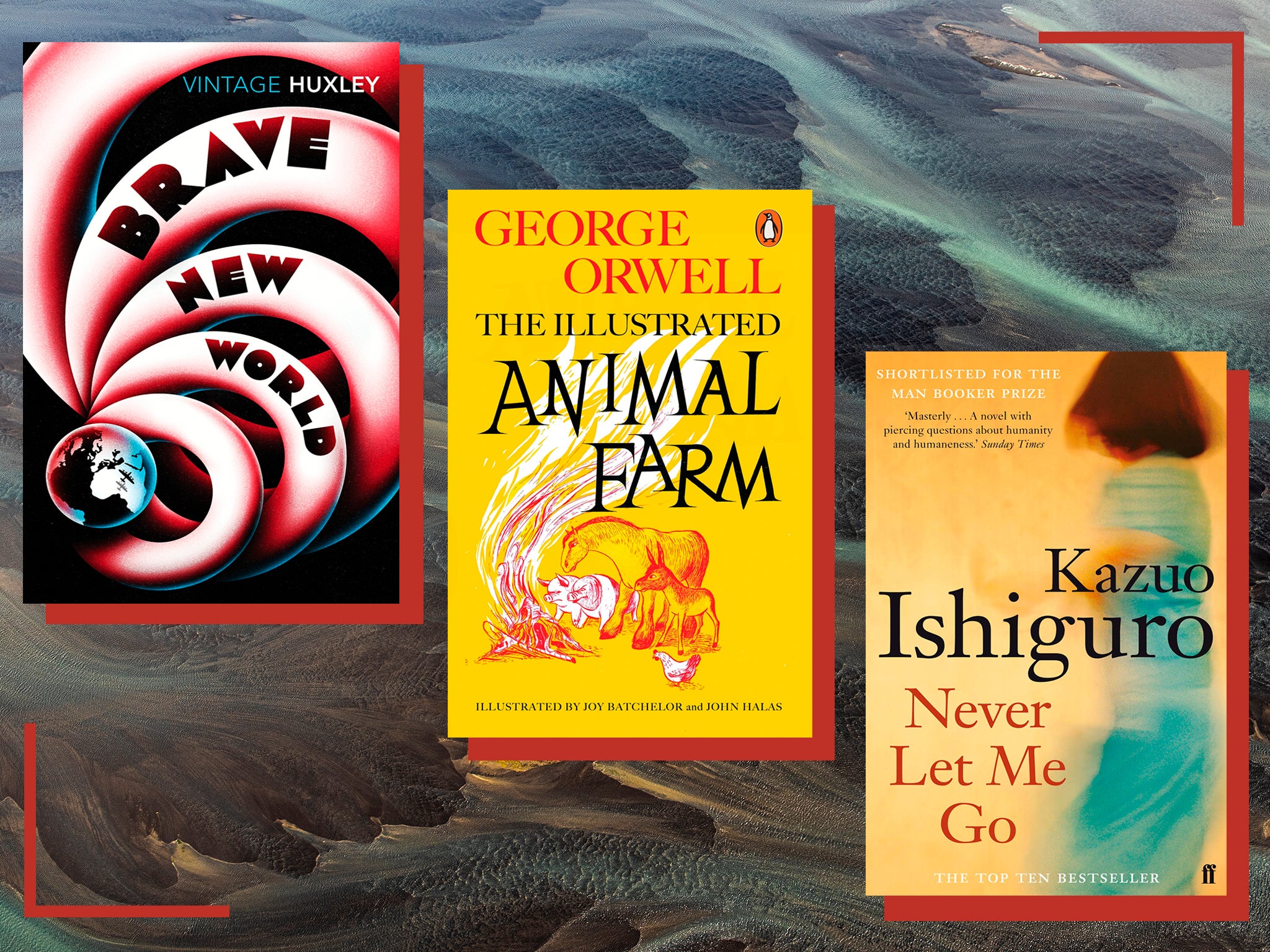
Your support helps us to tell the story
From reproductive rights to climate change to Big Tech, The Independent is on the ground when the story is developing. Whether it's investigating the financials of Elon Musk's pro-Trump PAC or producing our latest documentary, 'The A Word', which shines a light on the American women fighting for reproductive rights, we know how important it is to parse out the facts from the messaging.
At such a critical moment in US history, we need reporters on the ground. Your donation allows us to keep sending journalists to speak to both sides of the story.
The Independent is trusted by Americans across the entire political spectrum. And unlike many other quality news outlets, we choose not to lock Americans out of our reporting and analysis with paywalls. We believe quality journalism should be available to everyone, paid for by those who can afford it.
Your support makes all the difference.Animal Farm, written by George Orwell – a famous political writer, essayist, thinker and novelist – was first published on 17 August 1945, 75 years ago.
Drawing on the rich traditions of political allegories – stories that use imaginary characters and situations to satirise real life events – this novella, at first, is seemingly about life as a farm animal on Manor Farm, but Orwell delves into important issues of equality, power play, politics and the need for education.
By instilling the rise of communism within the narrative of farmyard totality, Orwell satirises Stalinist Russia and warns against the dangers of totalitarian states, which were quickly becoming a trend in Europe at the time.
Within the novella, animals on Manor Farm believed they were being overworked and mistreated by the farm owner, Mr Jones. Inspired by the pig known as Old Major who has a dream to live in a world where animals are free from tyrannical rule of their human master, the animals rebel against Jones when he forgets to feed them.
With flaming idealism and stirring slogans, the animals set out to create a paradise of progress, justice and equality, and rebel against their owner.
Snowball and Napoleon, two pigs, prove themselves as important leaders, and initially, the rebellion is a success – the animals complete the harvest and meet every Sunday to debate farm policy. However, Napoleon proves to be a power-hungry leader, much like his predecessor Mr Jones.
The stage is then set for one of the most telling satiric fables ever written – it's an insightful and poignant fairy tale for grown-ups that outlines the evolution from revolution against a tyrannical rule to a totalitarian leadership that is just as bad as the original.
The final line proves the extent of their corruption and that revolutions do not always produce desired outcomes: “The creatures outside looked from pig to man, and from man to pig, and from pig to man again; but already it was impossible to say which was which."
To celebrate the 75th anniversary of Orwell’s chilling fable, we’ve rounded up the fictional stories that present a similar moral or political idea and deliver a message. These books are essential reading if you loved Animal Farm.
You can trust our independent round-ups. We may earn commission from some of the retailers, but we never allow this to influence selections. This revenue helps us to fund journalism across The Independent.
‘Animal Farm: The Illustrated Edition’ by George Orwell, published by Penguin Books Ltd: £8.99, Foyles
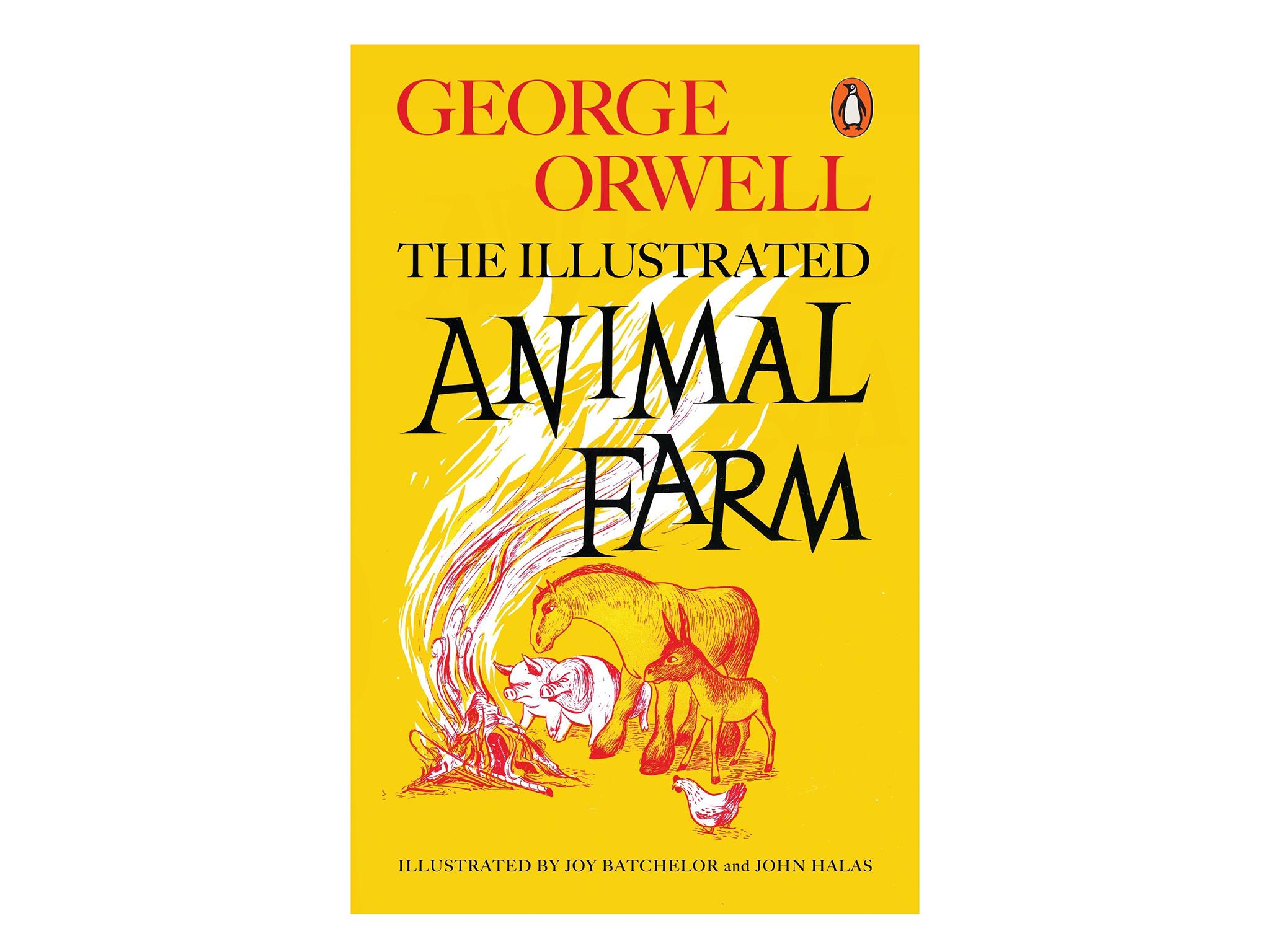
To celebrate the 75th anniversary of Animal Farm, Penguin Classics has republished the illustrated version of the book, which was first released to coincide with the 1954 animated film. The book is an allegory of Russia’s post-revolution descent into tyranny,
‘Fahrenheit 451’ by Ray Bradbury, published by Harper Voyager: £6.53, Blackwell’s
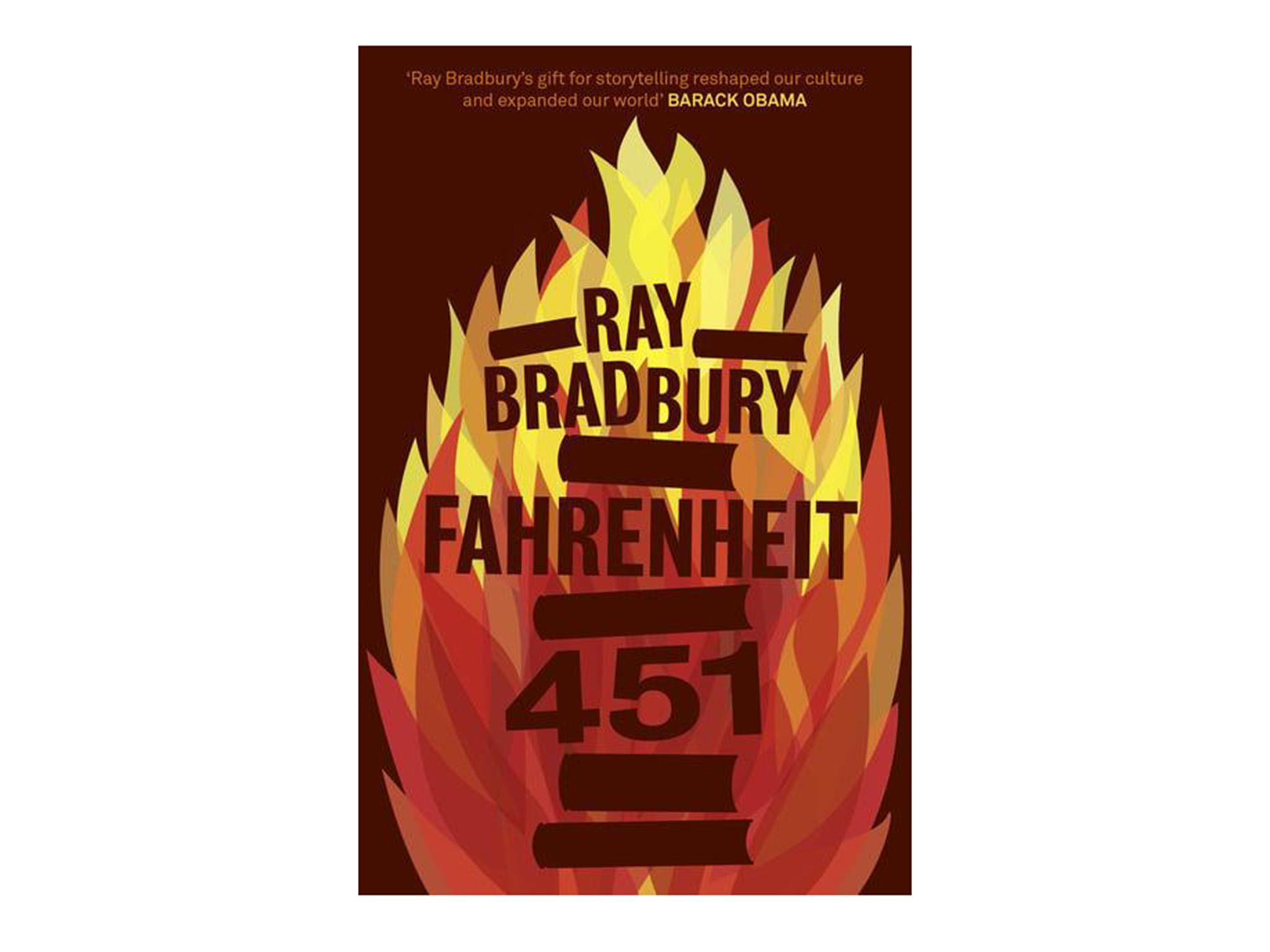
Set in an apocryphal American society where television rules and literature is outlawed and on the brink of extinction, the role of “firemen” is to destroy the most illegal of commodities – printed books – along with the houses they are hidden in. The main character Guy Montag (a firefighter) becomes disillusioned and never questions his role of censoring books until he meets Clarisse who introduces him to a past where people didn’t live in fear. Exploring the dangers of rejecting knowledge, this allegorical novel shows the importance of literature and the necessity to remember the past. Much like Animal Farm, it acts as a scaremongering tactic by reminding readers of what is important.
'One Flew Over the Cuckoo's Nest' by Ken Kesey, published by Penguin Classics: £8.19, WHSmith
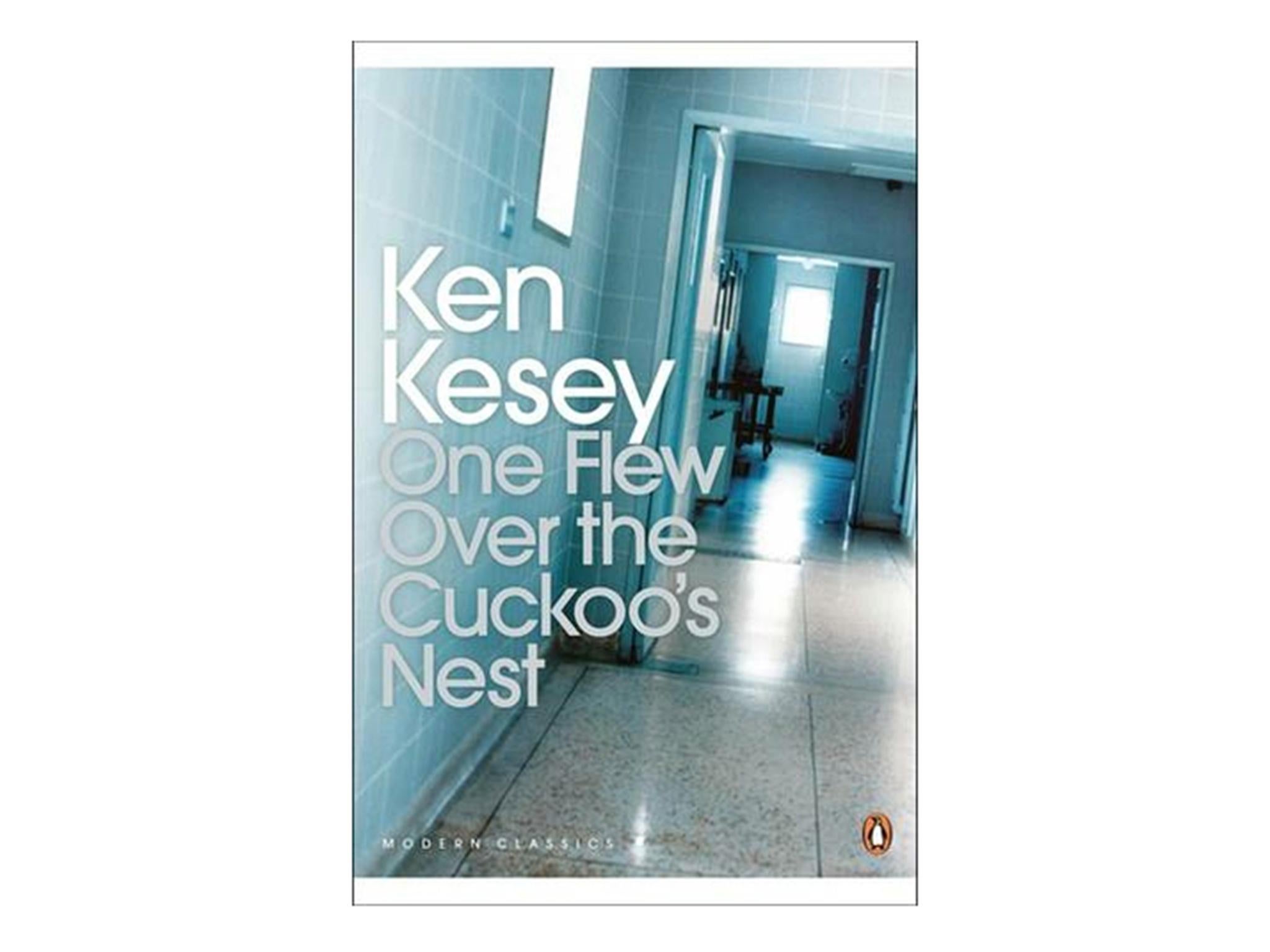
A bracing and insightful novel that celebrates counterculture and emphasises the importance of individuality and the dignity of personhood, One Flew Over the Cuckoo’s Nest is set in a psychiatric hospital where patients rebel against tyrannical hospital staff. The hospital is a metaphor for the oppressive society of 1950s America and draws on politics, psychology, mythology, and religion to create a novel that you won't forget.
'Lord of the Flies' by William Golding, published by Penguin Putnam Inc: £9.90, WHSmith
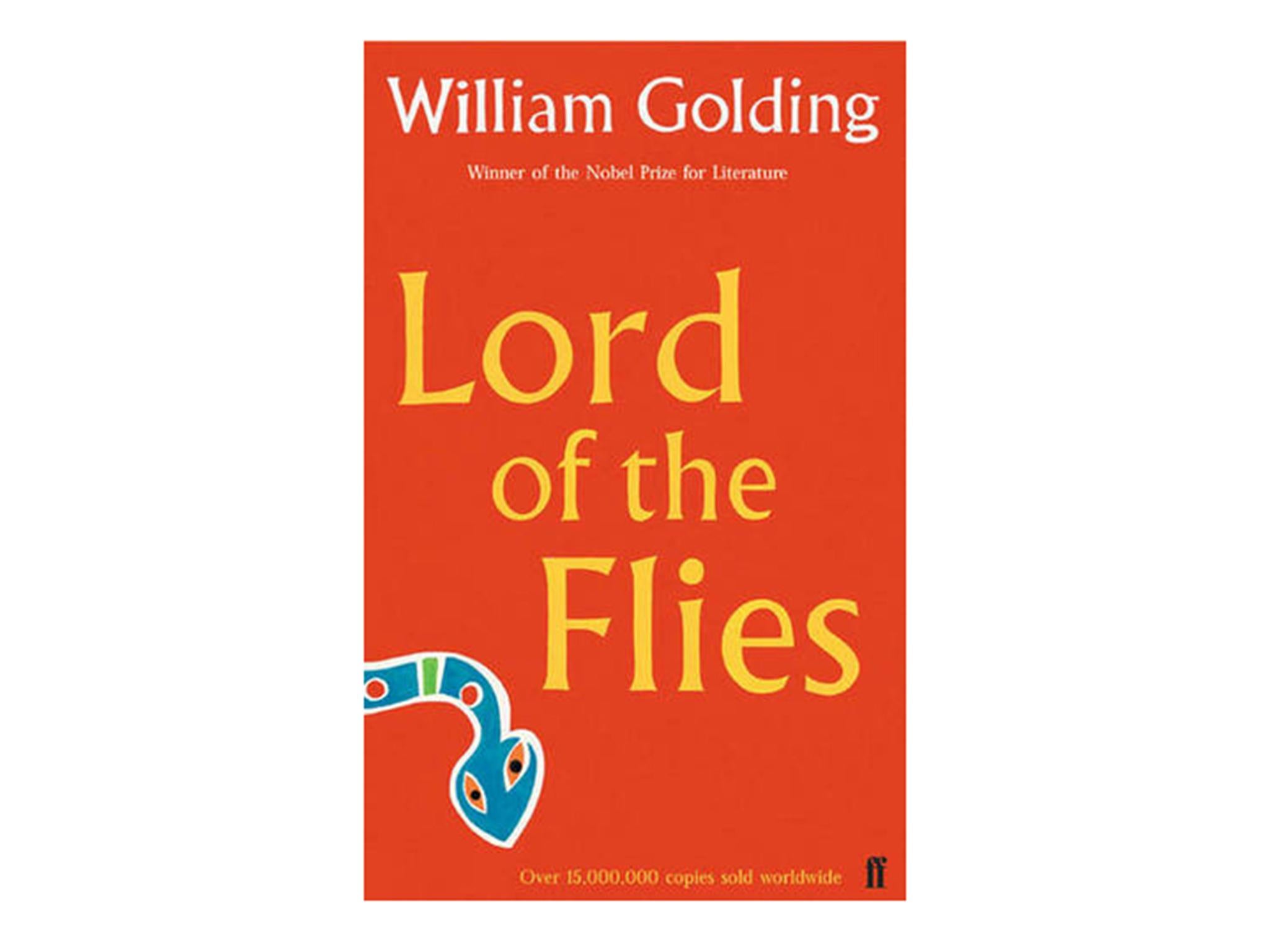
Written in 1954, when the Cold War was brewing between the US and Russia, a plane crashes on an uncharted island, leaving a group of schoolboys stranded. At first, they celebrate their freedom – this far from civilisation they can do whatever they choose. But, as order collapses and the boys struggle to follow a democracy, fractions break out between them and chaos ensues. As strange howls echo in the night, their terror reigns, and the hope of an adventure is far removed from reality. Lord of the Flies draws on political, psychological and religious messages, and allegorises the failings of European rulers by imagining them as the schoolboys fighting over a tropical island; depicting a picture of how the world could end up if leaders (the boys) don’t stop fighting and won’t compromise.
'Never Let Me Go' by Kazuo Ishiguro, published by Faber & Faber: £6.99, Amazon
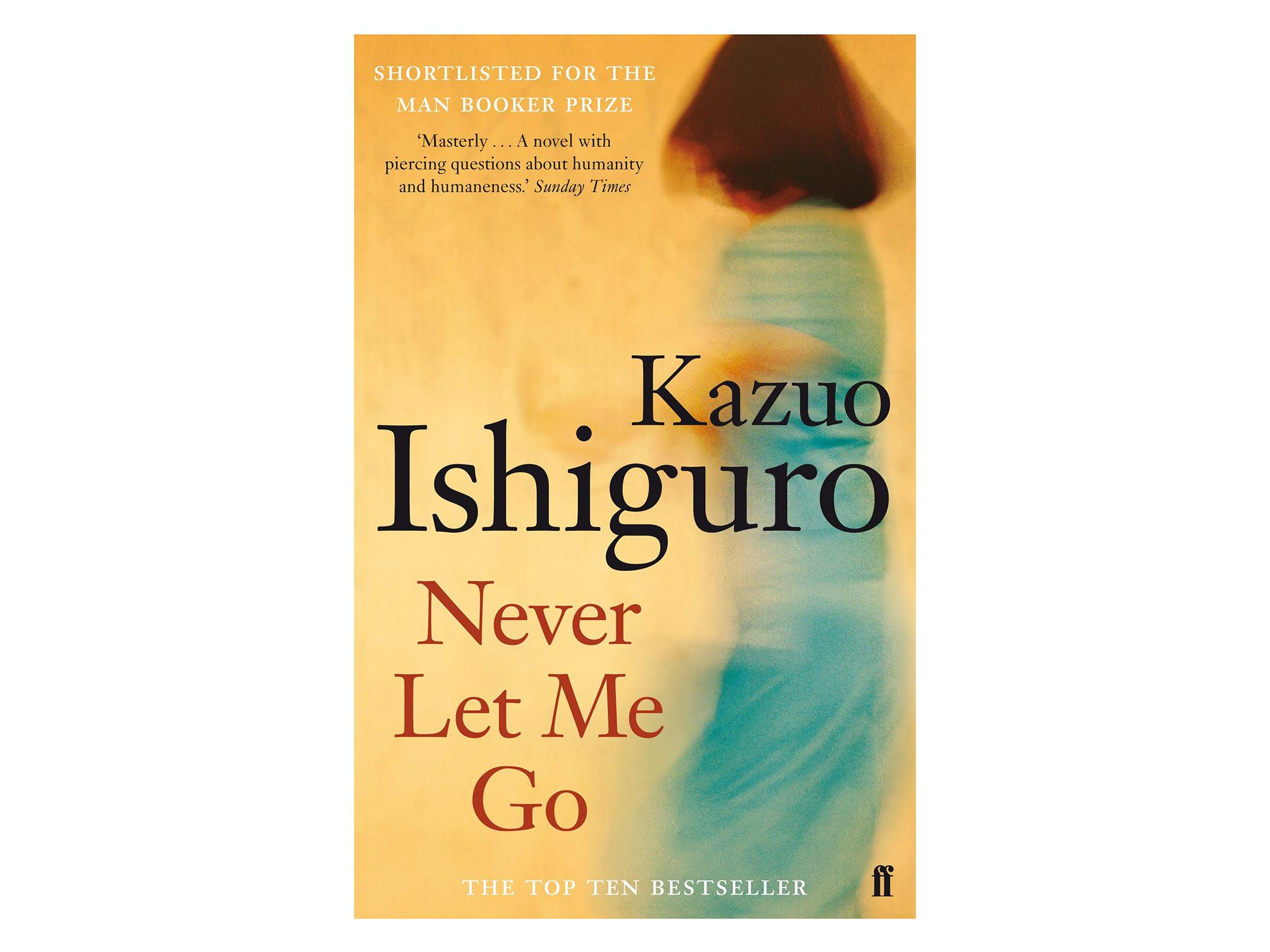
Ishiguro perfectly transfuses dystopian fantasy with realism to produce an allegory of deep and lingering power. Never Let Me Go follows three friends – Kathy H, Ruth and Tommy – who grew up in a banal British boarding school, named Hailsham. Gradually the truth of their existence is revealed. The students’ distinct lack of curiosity within this oppressive, confining and secretive atmosphere signifies what can happen if no questions are asked, nor objections are made in a world where those in power and unconstrained and misguided.
'Brave New World' by Aldous Huxley, published by Vintage Publishing: £8.49, Waterstones
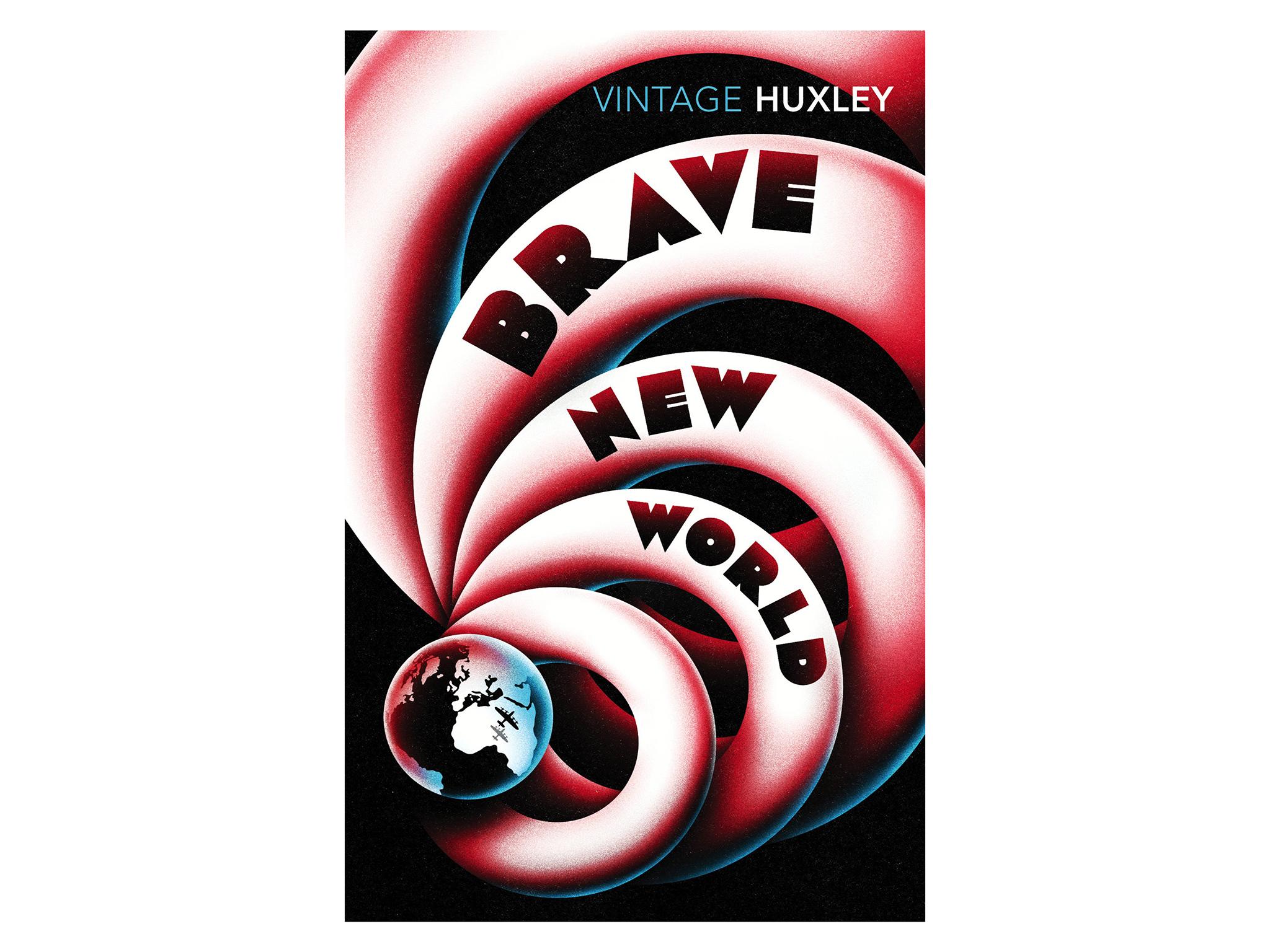
Largely set in a futuristic "World State", which is inhabited by genetically modified citizens who have been socially indoctrinated and pharmaceutically anesthetised to uphold the authoritarian regime. Brave New World anticipates huge scientific advancements in reproductive technology, psychological manipulation, and classical conditioning. Brimming with satirical concepts, this is a captivating read that set the stage for how dystopian novels should be.
'Nineteen Eight-Four' by George Orwell, published by Penguin Classic: £6.49, Amazon

A dystopian novel set in he year of the book's title in London, where Big Brother is always watching. Nineteen Eighty-Four looks back to the Stalinist purges of the 1930s and predicts the worst excesses of the Cold War-era, and serves as Orwell's bleak prediction of a totalitarian, bureaucratic future. The story follows Winston Smith, who finds love and inwardly rebels against the totalitarian world in which he lives, a state that demands obedience and controls him, in an attempt to find individuality.
'The Lion, The Witch and The Wardrobe' by C. S. Lewis, published Haper Collins Publisher: £6.99, Waterstones
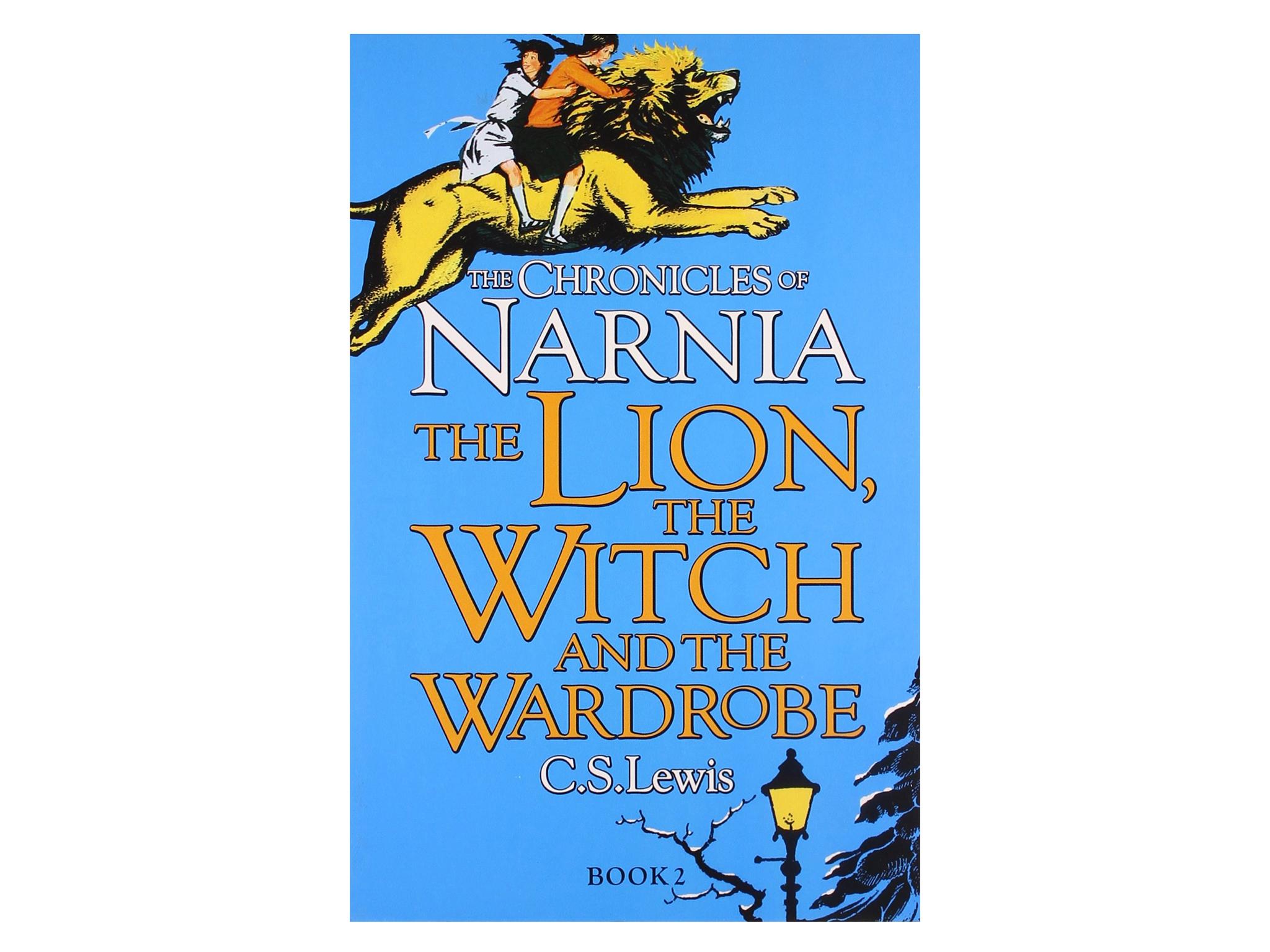
Through drawing on representations of biblical characters, The Lion, The Witch and The Wardrobe deals with anxieties about good and evil – the white which embodies the devil and symbolises evil, while Aslan represents Jesus and epitomises good. The tale is an allegory of how good triumphs over bad, and if you enjoyed Animal Farm's use of talking animals and elements of fantasy fiction to achieve its political message, you'll enjoy reading this, whether its to children or for yourself.